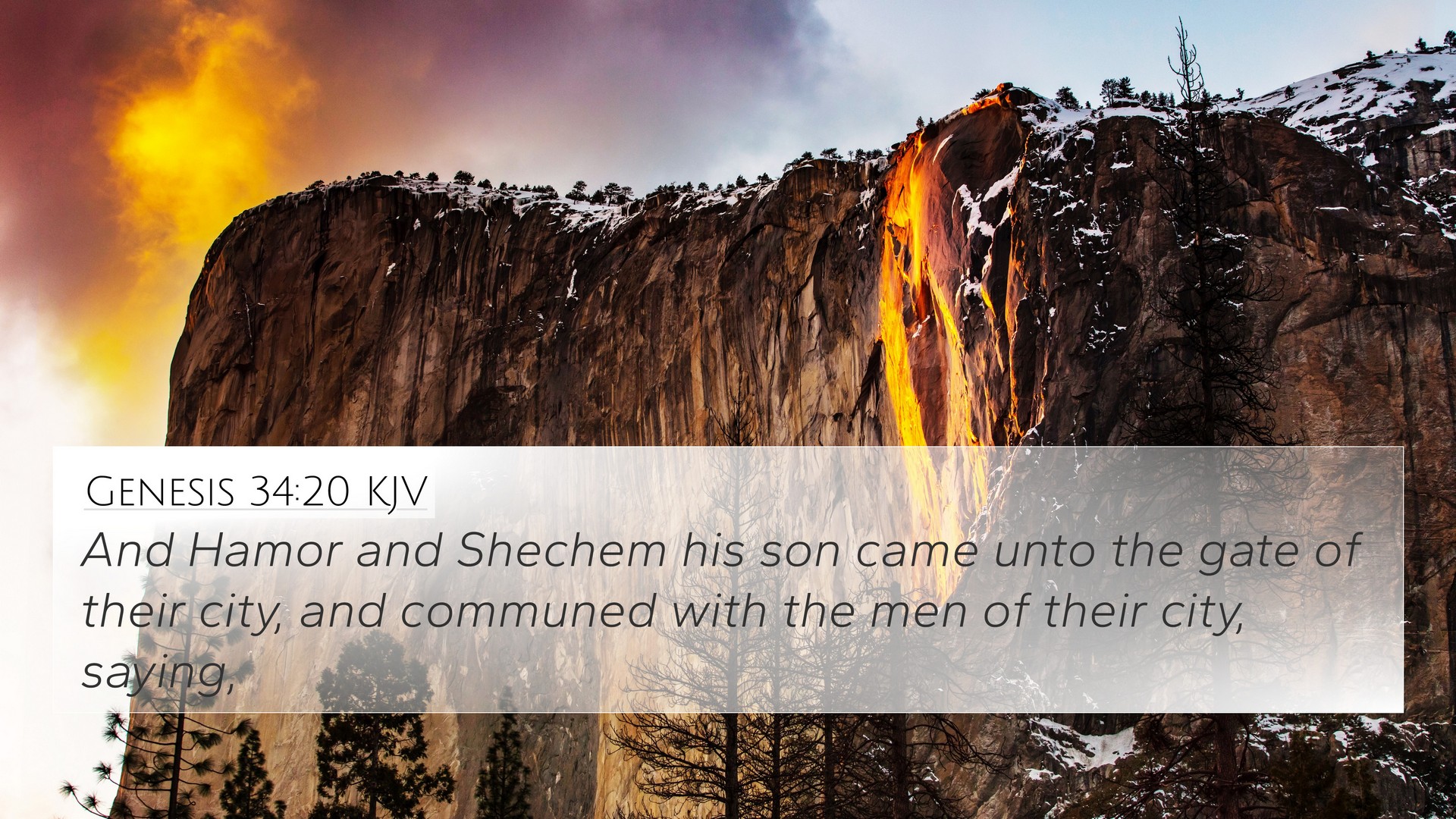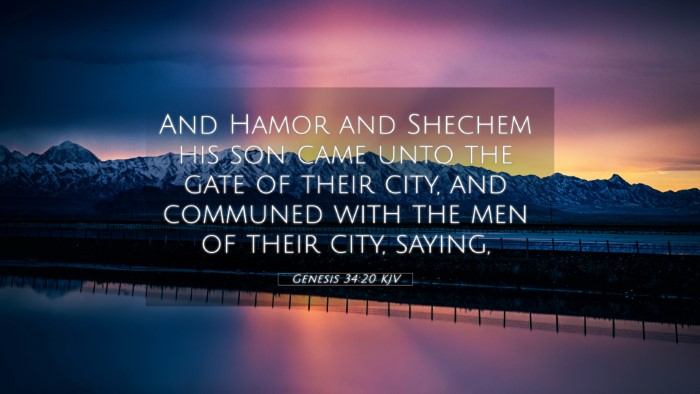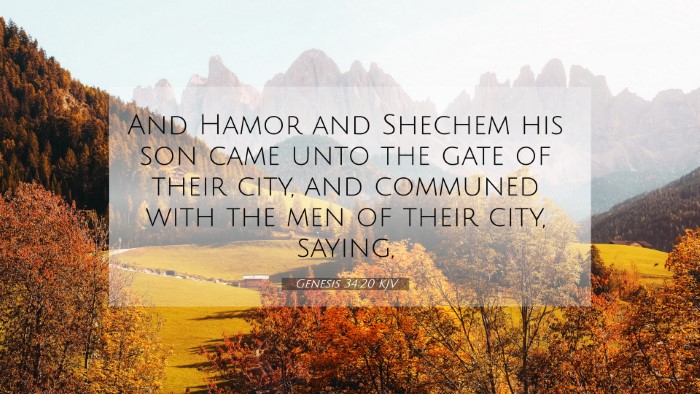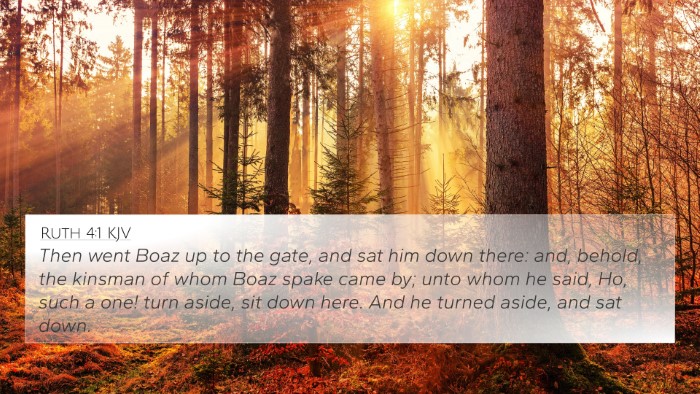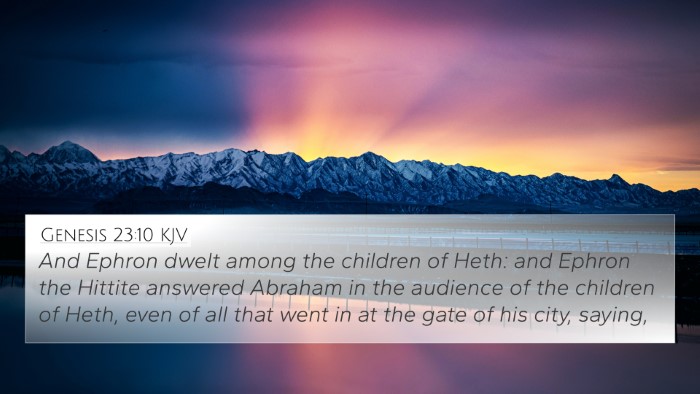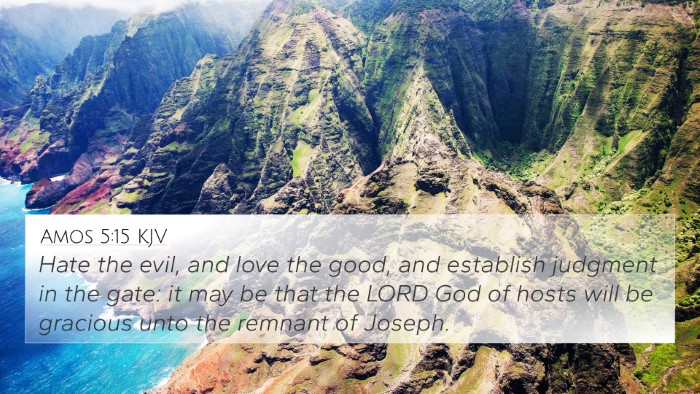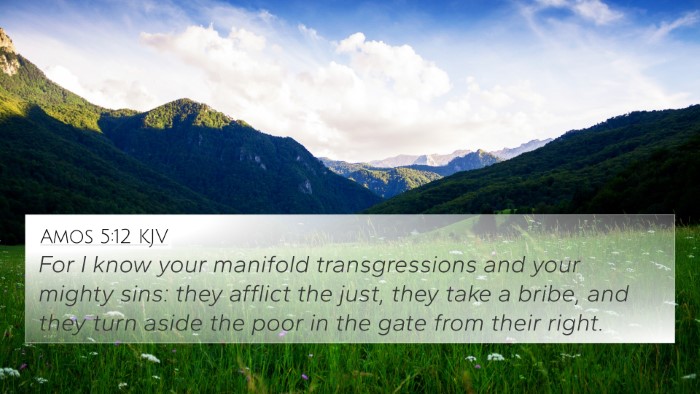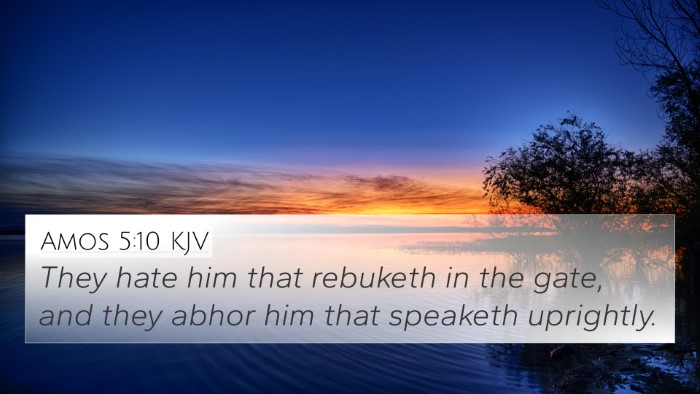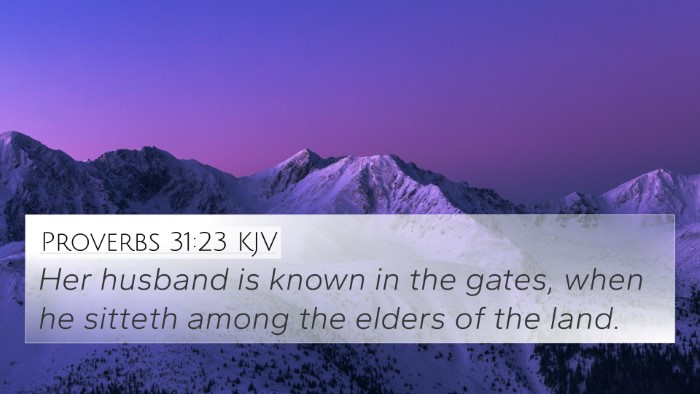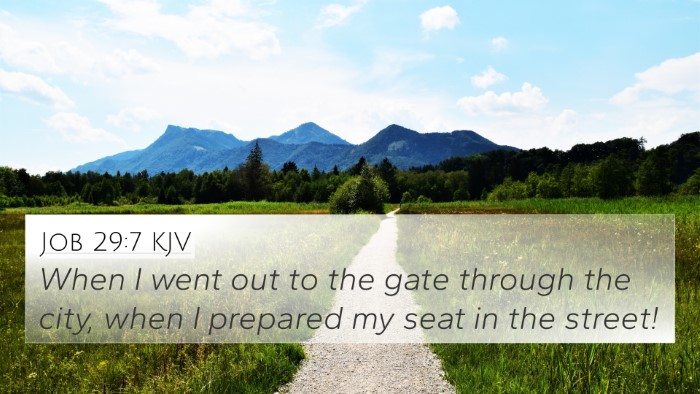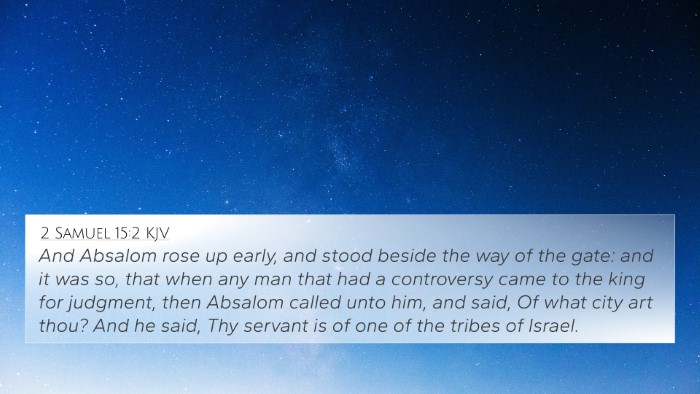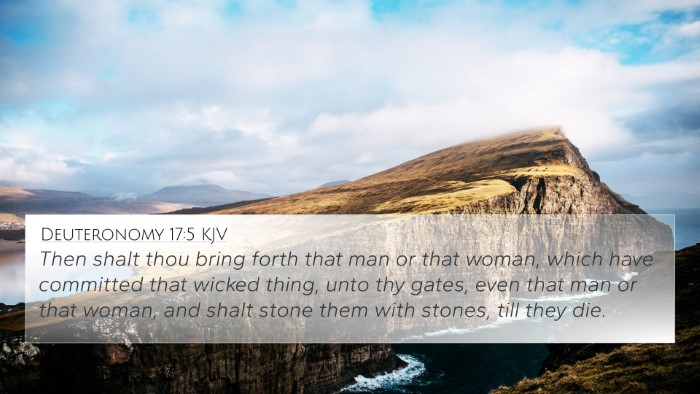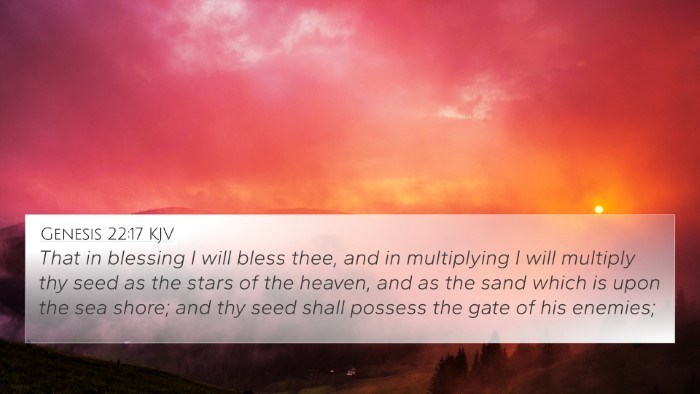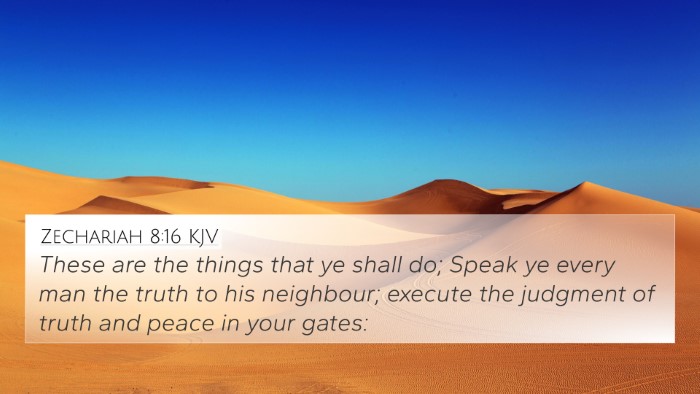Understanding Genesis 34:20
Genesis 34:20 states: "And they came unto Hamor their father, and said, These men are peaceable with us; therefore let them dwell in the land, and trade therein; for the land, behold, it is large enough for them. Let us take their daughters to us for wives, and let us give them our daughters." This verse forms a crucial point in the narrative of the consequences of the events surrounding the rape of Dinah, Jacob’s daughter, and the conflict that ensued.
Verse Meaning and Context
The passage describes how Hamor, the father of Shechem, is approached by his son, who has an interest in marrying Dinah. This action is puzzling as it comes after a grave violation has occurred. The desire of Shechem’s family to "let them dwell in the land" highlights an underlying theme of reconciliation, albeit in a complex and morally ambiguous situation.
Key Insights from Public Domain Commentaries
-
Matthew Henry's Commentary:
Henry notes that in this moment, Hamor and Shechem misinterpret the events. Their request for intermarriage is indicative of attempts to establish a false peace without addressing the underlying violation of Dinah. The willingness to accept intermarriage is a cultural approach to conflict resolution common among ancient tribes, which Henry critiques as lacking moral integrity.
-
Albert Barnes' Notes:
Barnes points out that this appeal to Jacob for intermarriage was a strategic move to strengthen ties and ensure mutual support. However, the verse also illustrates how the grief and anger of Jacob’s sons were spilled over into the negotiations. Barnes indicates that the transactional nature of this request underscores a pragmatic but ethically questionable response to the wrongdoing.
-
Adam Clarke's Commentary:
Clarke emphasizes the tension that arises in the relationships formed through these marriages. He highlights that while such treaties might have seemed beneficial, they would lead to further complications and grief for Jacob’s household. Clarke draws attention to the historical significance of these alliances and their often disastrous consequences.
Inter-Biblical Connections
Genesis 34:20 opens discussions for broader themes within scripture, especially concerning ethics of marriage and covenant among God’s people. Below are notable cross-references that illuminate this passage:
- Exodus 34:16 - Addresses marrying foreign women and warns against it due to potential idolatry.
- Deuteronomy 7:3 - Similarly discusses prohibitions against intermarriage with certain nations.
- 2 Corinthians 6:14 - Cautions Christians against being unequally yoked with unbelievers.
- Ezra 9:2 - Describes the sins involved with intermarriage and its impact on the community.
- Genesis 24:3 - Abraham’s command to Isaac about not taking a wife from the Canaanites mirrors the implications seen in Genesis 34.
- Joshua 23:12-13 - Warns Israel about the dangers of mingling with other nations through marriage.
- Proverbs 5:1-3 - Advises on the wisdom of remaining faithful and discerning in romantic relationships.
- Nehemiah 13:23-27 - Discusses the corruption caused by intermarriage within Israel and its consequences.
- Matthew 10:34 - Jesus indicates that following Him may bring divisions within families, reminiscent of the strife seen in Jacob's family.
- Romans 16:17 - Paul advises to be wary of relationships that can lead one away from doctrine.
Thematic Connections and Implications
This verse, when analyzed, reveals several important themes:
- Covenant Relationships: The desire for intermarriage speaks to the need for relationships that are aligned with God’s covenant, emphasizing the importance of marriage being between those who share similar faith values.
- Moral Integrity: The request from Shechem’s family represents a failure to confront serious moral breaches, emphasizing a continued theme of ethical behavior within covenant people throughout biblical history.
- Cultural Practices vs. Divine Will: The cultural norm of making treaties through marriages is contrasted with God’s directives on how relationships among His people should be established.
- Reconciliation Attempts: The offer for intermarriage in this context illustrates human attempts at reconciliation that are often misguided or superficial when the underlying issues are not addressed.
Application for Today
In current times, Genesis 34:20 challenges readers to reflect on their own relationships and partnerships:
- Seek Shared Values: When forming partnerships, whether in marriage or friendship, it’s crucial to consider shared values and beliefs.
- Address Issues Directly: Like the characters in this narrative, neglecting to confront failures can lead to greater challenges; communication and truth are vital.
- Community Influence: The implications of decisions can affect the broader community, pressuring individuals to uphold moral integrity.
Conclusion
Genesis 34:20 encapsulates a pivotal moment in the narrative of Dinah, revealing profound implications about marriage, morality, and community integrity. Through careful cross-referencing within scripture, readers can discern the wider implications of this passage and its relevance in both historical and contemporary contexts. It is a stark reminder of the complex interplay between culture, ethics, and faith throughout biblical history.
